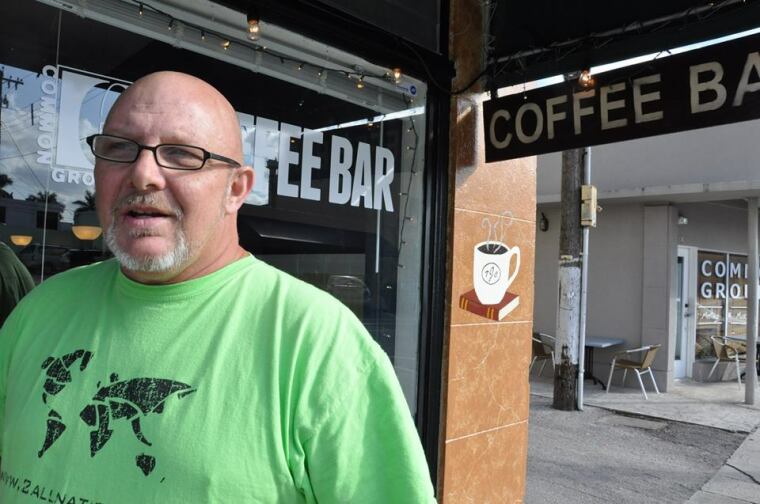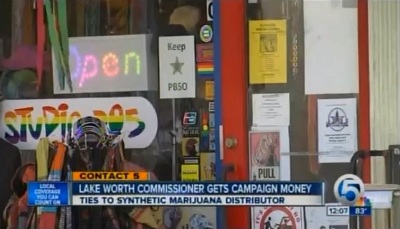Lake Worth denies targeting churches, but paper trail says it did

ORLANDO, Fla. (Christina Examiner) -- Lake Worth officials are denying claims they threatened local churches with fines and foreclosures if they did not possess business licenses.
Shortly after the city's commissioner Andy Amoroso reportedly made a verbal threat to the owner of Common Ground Coffee Bar stating "you better not have a church down there" an anonymous complaint launched a city investigation of the establishment," Christian Examiner previously reported.

Gerard Coscia, city code enforcement officer, conducted a covert visit to the church's weekly worship on Feb. 9 which he detailed in a case narrative and recorded via hidden video.
"I inspected the property and found the following violations: Business-rental property found without a current City of Lake Worth business license, specifically to operate as a church, or a house of worship," Coscia's narrative stated.
A week later, Coscia returned to the church, handed his business card to the Pastor Mike Olive and told him, "This Sunday is your last Sunday," according to WND.com.
The city then issued a notice requiring the church obtain a business license.
A letter to City Manager Michael Bornstein by the Orlando-based non-profit Liberty Counsel on behalf of Common Ground Church referenced the city's request for a business license "by March 2, 2015, or a hearing would be held April 30, 2015 before the Special Magistrate."
The city's notice further threatened the property owner with fines up to $500 per day and a potential foreclosure action."
Meanwhile a number of other Lake Worth churches, including the nearly 100-year-old First Presbyterian Church, received similar notices saying in part, "it has come to our attention that the business located at the address above is currently operating without a license or the renewal for 2015 has not been received."
Liberty Counsel contacted the city on behalf of FPC, but the city maintains they never requested the church hold a business license.
Written exchanges between Liberty Counsel and the city's attorneys did result in a clarified statement.
Now the city says Common Ground Church does not require a "business license" -- which requires payment of a business tax from which churches are exempt -- and that the congregation only needs a use and occupancy (U&O) certificate (for "safety purposes") apart from that of the 2,500 square foot coffee bar.
City Manager, Mike Bornstein, told Raw Story the dispute apparently was a misunderstanding and produced a letter from the city to Olive relaying that information.
Despite the tentative resolution of the license issue, tensions remain.
According to Liberty Counsel lawyer Richard Mast, city officials provided its letter of clarification to the press via email March 3. But Olive received a hard copy of the letter March 5, so he initially learned about the city's change in position via news reports.
Mast also released to Christian Examiner correspondence between Liberty Counsel and the city's lawyers in which he maintained the city's convoluted method of code enforcement appeared "calculated to harass and drive away 'church use.'"
Mast said the city warned Common Ground Church against "possible overcrowding" when the city repeatedly failed to provide the coffee shop with a maximum occupancy number. There was also a caution from the city about potential violations of the Americans with Disabilities Act, though the regulation does not apply to churches, and, the coffee bar already is in compliance.
Mast previously told Christian Examiner that Liberty Counsel also discovered differences among the fees and taxes various churches paid and he indicated they plan to continue to investigate until they are "satisfied the charges are not being applied in an illegal manner."
OTHER CONTENT: